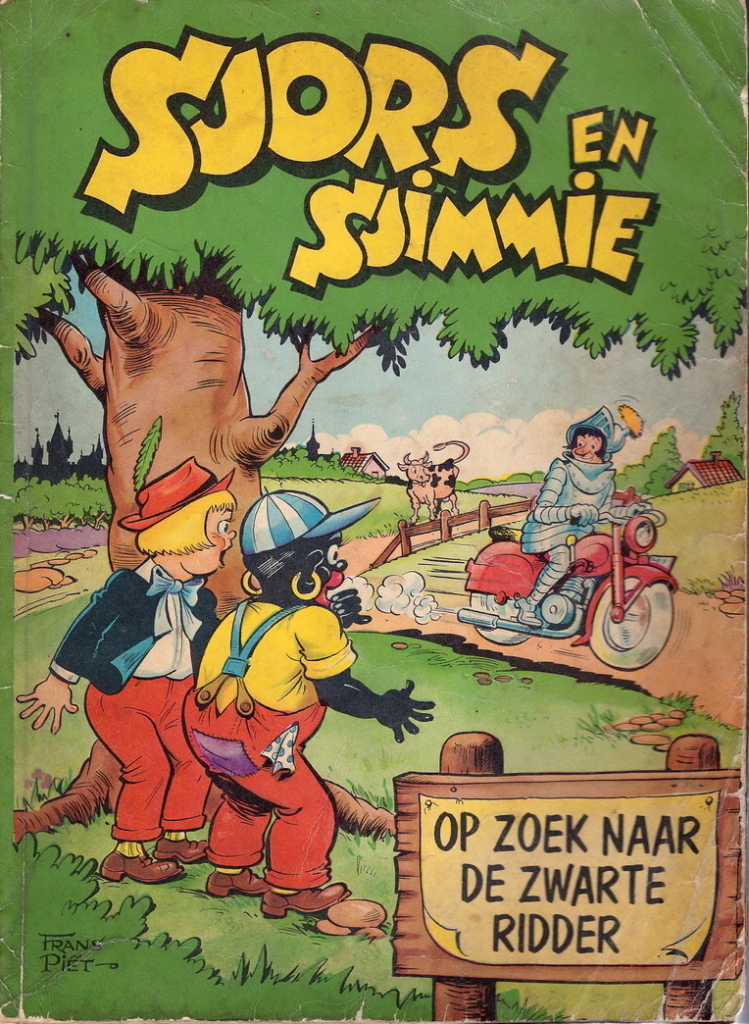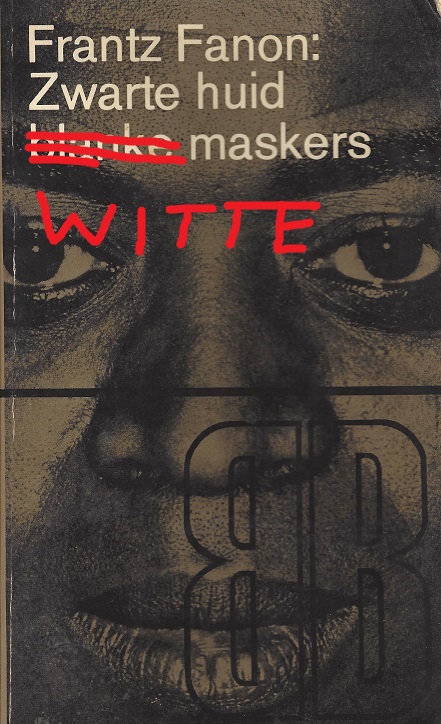History Reclaimed
Our Mission
History has become one of the major battlegrounds in the culture wars that are causing anger and alarm across the democratic world. They are particularly virulent in North America, Australasia and Britain.
The abuse of history for political purposes is as old as history itself. In recent years, we have seen campaigns to rewrite the histories of Western democracies so as to undermine their solidarity as communities, their sense of achievement, even their basic legitimacy. There have been calls to abolish national days in Canada and Australia, and both countries have been accused of being founded on genocide.

Demoralizing Western Countries – Slavery—despite being almost universal until the early 19th century—is cast as the original sin of Britain and the United States, supposedly shaping their societies and creating their prosperity. Figures central to their histories are stigmatised as racists or for having connections, however distant, with slavery. Calls for massive reparations are being heard.
These ‘culture wars’ seem to be aimed squarely at demoralizing Western countries. They are being pursued in the media, in public spaces, in museums, universities, schools, civil services, local government, business corporations and even churches. Whether to ward off criticism or to gain advantage, institutions have rushed to embrace the most negative interpretations of their own countries’ histories.

Nihilistic destruction – Activists sometimes assert that ‘facing up’ to a past they present as overwhelmingly and permanently shameful is the path to a better and more ‘inclusive’ future. But the real effect—perhaps the true aim—of their actions is nihilistic destruction. Tendentious and even blatantly false readings of history are creating divisions, resentments, and even violence. This is damaging to democracy and to a free society.
Free societies depend on popular participation, trust and solidarity. They need a sense of common purpose and self-worth. A shared history is a necessary foundation for a successful democracy.
New Orthodoxy – We do not take the view that our histories are uniformly praiseworthy—that would be absurd. But we reject as equally absurd the corrosive claim that they are essentially shameful. We agree that history consists of many opinions and many voices. But this does not mean that all opinions are valid, and certainly none should be imposed as a new orthodoxy.

We are an independent group of scholars from seven countries and several ethnicities with a wide range of opinions on many subjects, but with the shared conviction that history requires careful interpretation of complex evidence, and should not be a vehicle for facile propaganda. We intend to provide context, explanation and balance in a debate in which condemnation is too often preferred to understanding.
We aim to inform and support individuals and institutions who feel uncertain in the face of the culture wars. We have begun by bringing together on this website a wealth of writing on contested issues in history, and we will continue to produce a stream of new writing which will both set the agenda for historical debate, and call out fake history.
For the History Reclaimed website, see here.

Lees ook dit interview van Bart Funnekotter met dr. Jeffrey Fynn-Paul, ‘Activistische historici bedreigen de democratie’, NRC, 16 september 2021.
Bent u ertegen dat er in de geschiedschrijving meer aandacht wordt besteed aan het lot van wat vroeger marginale figuren waren, zoals vrouwen en slaven? In reacties op de lancering van uw initiatief klonk het verwijt dat u geen ruimte wilt maken voor een nieuw geluid.
„Dat is nogal ironisch, want die aandacht is er al vijftig jaar. Sterker nog, het is de norm. De laatste jaren is er echter een groep academici opgestaan die de meest radicale interpretatie van geschiedenis probeert op te dringen aan de samenleving. Het grote publiek denkt inmiddels dat deze zienswijze – waarin de onderdrukking van bevolkingsgroepen centraal staat – de enige juiste is.
Dat heeft consequenties in de rest van de maatschappij, buiten de universiteit. Er wordt een crisis gecreëerd die er niet is. Dat is gevaarlijk. Daarom trappen we op de rem. Natuurlijk kent de westerse geschiedenis zwarte bladzijden, maar de werkelijkheid is genuanceerder dan nu wordt voorgewend.”
U stelt dat de westerse democratie gevaar loopt door de onophoudelijke negatieve aandacht voor haar geschiedenis. Is dat niet overdreven?
„Ik denk het niet. Het idee achter de op dit moment dominante critical race theory en gender theory is dat discriminatie tegen zwarte mensen en vrouwen zo diep in het systeem ingebakken zit dat het niet te verhelpen valt. Wat is dan het enige wat je nog kan doen als je hieraan een einde wilt maken? Het systeem omverwerpen. Als we in het Westen zelf onze democratie al zo waardeloos vinden, hoe kunnen we dan ooit een vuist maken tegen de autoritaire regimes die overal in opmars zijn?

